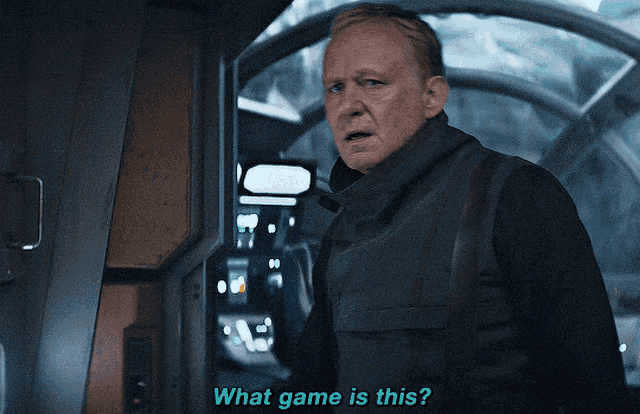Ender's Game, written by Orson Scott Card, is a novel that delves into various social issues through its narrative. The story revolves around young Andrew "Ender" Wiggin who is trained to become a military leader in an interplanetary war against alien races. While the book primarily focuses on themes of leadership and survival, it also subtly explores several important social implications that are relevant even today.
One such implication is the concept of 'othering' - where individuals or groups are marginalized and treated as outsiders by society. In Ender's Game, this can be seen in how children like Ender are considered "different" due to their exceptional abilities. They are often isolated from others and subjected to harsh training regimes that aim at shaping them into ruthless warriors. This reflects real-life scenarios where certain communities or individuals face discrimination based on factors such as race, religion, or sexual orientation.
Another significant social implication is the role of power dynamics in society. The novel showcases how those with authority often abuse their position to manipulate others for personal gain. For instance, Colonel Graff uses psychological tactics to control Ender and other children under his command. This mirrors real-world situations where people in positions of influence exploit their power to suppress dissent or further their own agendas.
In conclusion, while Ender's Game primarily serves as a thrilling science fiction tale, it also offers valuable insights into various social issues that continue to plague our society today. By exploring themes like 'othering' and the abuse of power, the novel encourages readers to reflect on their own beliefs and actions, fostering empathy and understanding among different groups within society.
